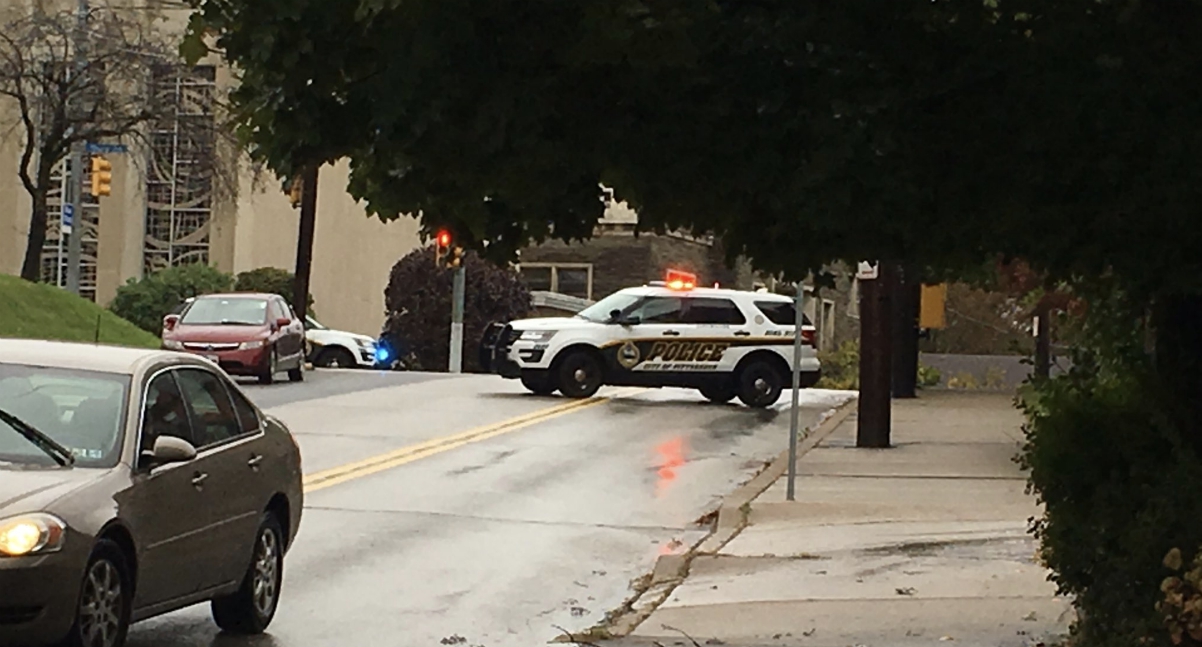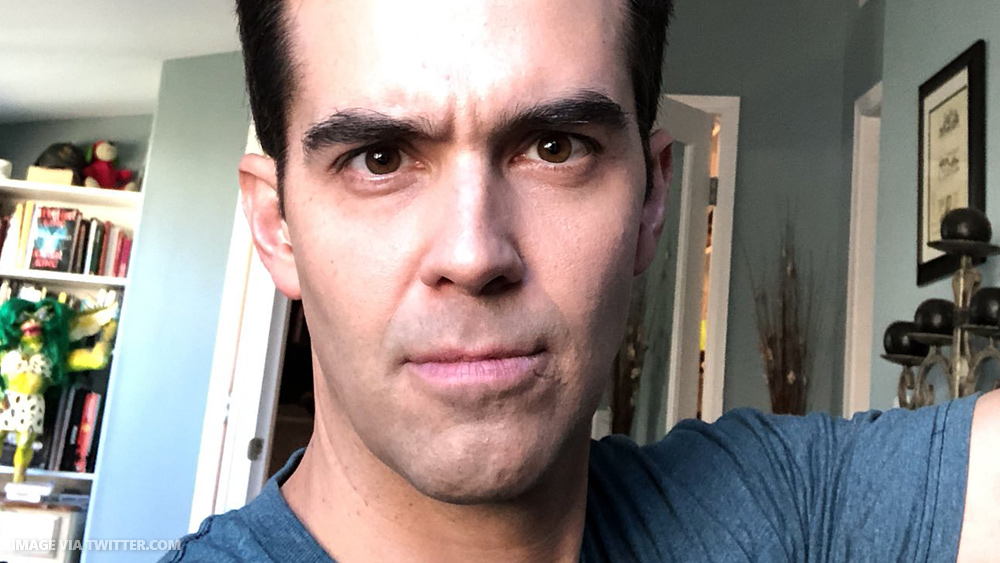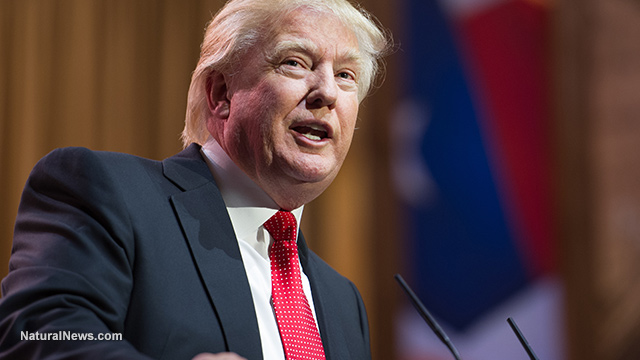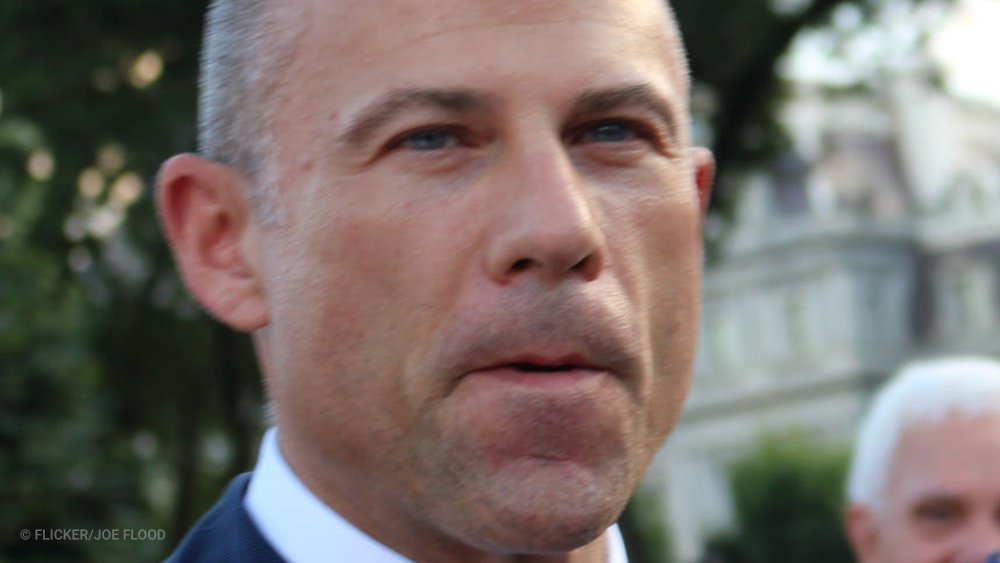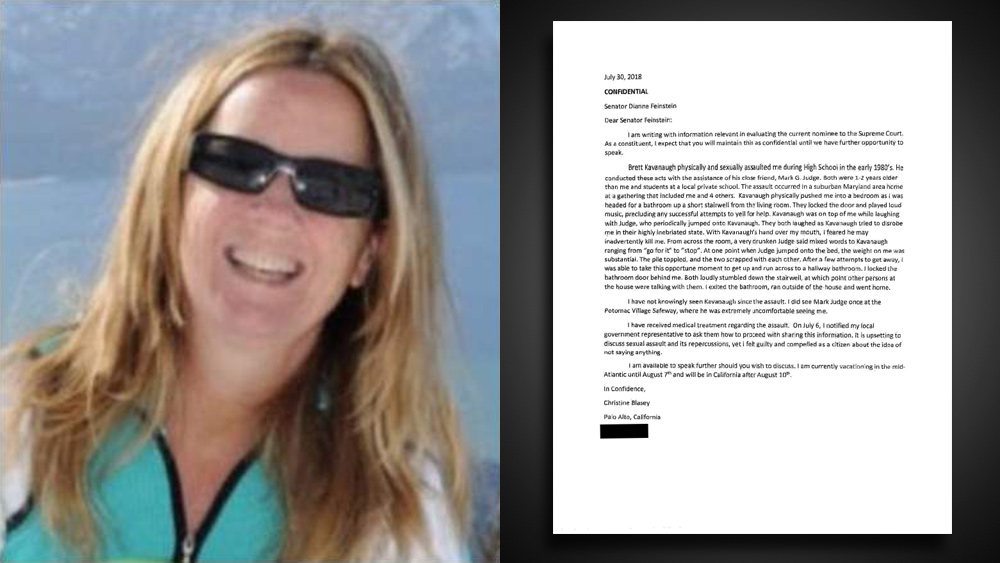Generation Snowflake too protected to discern fiction from reality… that’s why so many still believe CNN’s fake news
12/12/2016 / By JD Heyes
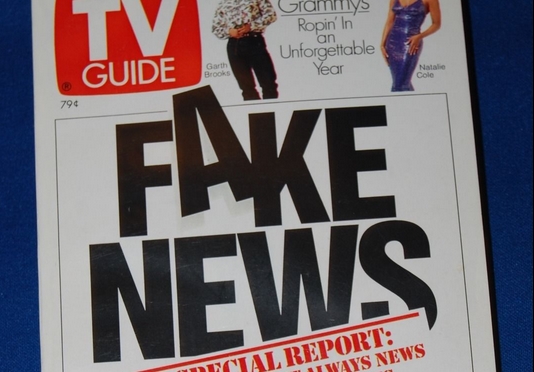
A very dangerous development is taking place among American youth that needs to be highlighted and addressed: Many young people (call them “millennials” or whatever you want) are so sheltered in their lives and divorced from reality that they have no way to understand real news from fake news.
The Daily Caller reports that a just-released study from Stanford University’s History Education Group that an alarming number of American middle school, high school and college students do not have the deductive reasoning power or firm enough grasp on reality to process all of the media that washes over them on a daily basis.
In particular, they have a tough time discerning what news is real and what isn’t.
‘In every case and at every level’
The researchers at Stanford involved in the study examined 7,804 students from a wide variety of backgrounds in 12 U.S. states. Some students came from tough inner city schools in Los Angeles, for instance, while others attended schools in middle class suburbs in Minnesota. And some were even enrolled at Stanford, which is an elite university with an acceptance rate under 6 percent.
“When it comes to evaluating information that flows through social media channels,” most kids today are very “easily duped,” the researchers wrote.
For instance, the researchers asked high school students participating in the study to look at an Imgur.com photo of mutant-looking daisies with the caption, “This is what happens when flowers get nuclear birth defects.” Nearly 40 percent of the high school students came to the conclusion that the picture was substantial evidence of nuclear radiation that occurred in the vicinity of the tsunami-damaged Fukushima Daiichi nuclear plant in northern Japan, even though the photo contained absolutely no evidence whatsoever suggesting they were anywhere near the crippled plant. In fact, there was nothing at all in the photo to suggest where the deformed daisies came from.
In addition, as summarized by The Wall Street Journal, more than eight in 10 (82 percent) of middle school students who participated in the study could not determine if something they saw online was actually a news story or “sponsored content” advertising.
“In every case and at every level, we were taken aback by students’ lack of preparation,” the researchers explained in their paper.
The WSJ suggested that the way to address the shocking lack of ability of American students to interpret media reporting they find online is to become helicopter parents and limit kids’ access to Internet-based media.
What’s worse, the researchers at Stanford sounded a similar alarm. “Ordinary people once relied on publishers, editors, and subject matter experts to vet the information they consumed,” they said. “But on the unregulated Internet, all bets are off.”
See where this is going?
The Left is trying to keep control over the political and social narratives
So much sudden interest in “fake news” is being generated by the lamestream media since Donald J. Trump bested Hillary Clinton on Nov. 8 that even legacy media outlets like the Washington Post have gone full conspiracy on the issue, claiming that’s what got Trump his victory – that, and Russian hacking, of course.
But since the lamestream media concocted this bogus narrative, now social media giants like Facebook and Google are taking it seriously, and have now vowed to “crack down” on the distribution of “fake news” on their networks. Real news, of course, is the lamestream media, despite the fact that (as the Post story proves) it is they who are the purveyors of phony stories.
Other Left-wing kooks are hopping on the ‘fake news’ bandwagon as well. An assistant professor at Merrimack College in deep blue Massachusetts created a list of alleged ‘fake news’ sites – but it mixes in several conservative media outlets that routinely publish factual stories with sites that deliberately fabricate the news.
Among the sites listed by Prof. Melissa Zimdars are Breitbart, Independent Journal Review, The Blaze, and others. A shadowy group that did not exist before the 2016 elections but was nonetheless cited as full of “experts” (anonymous, of course) by the Post for its story on fake news also listed our site, for which our founder/editor, Mike Adams, the Health Ranger, is demanding a retraction.
As for American youth not being able to understand what is and is not real news, that’s dangerous for our democracy because there is an obvious effort to control what they see, especially online (which is why Facebook, Google and others made their ‘vow’ to ‘crack down’ – so they can only feature ‘real news’ from the lamestream media, which wants desperately to reclaim control over the daily political narrative from the new “mainstream” media, sites like ours). When young minds don’t know any better, they will believe anything they’re told.
Obviously all sides of the issues are not being adequately presented to our children and young people today by the Left – in media, in entertainment and in academia.
Sources:
Tagged Under: critical thinking, mainstream media






